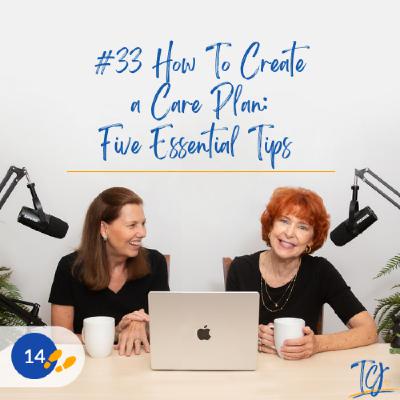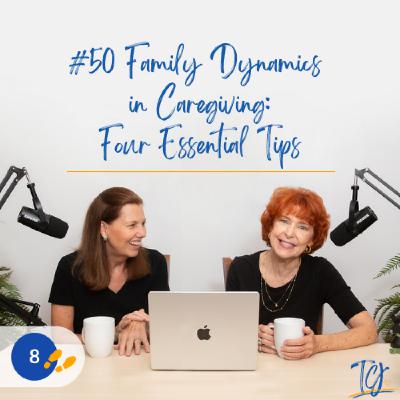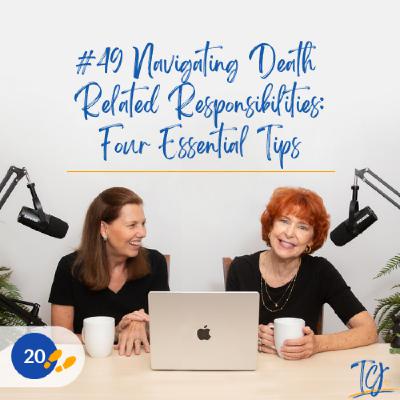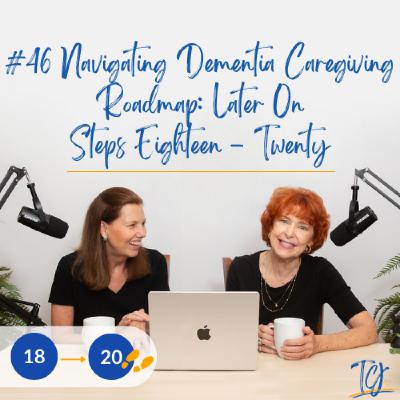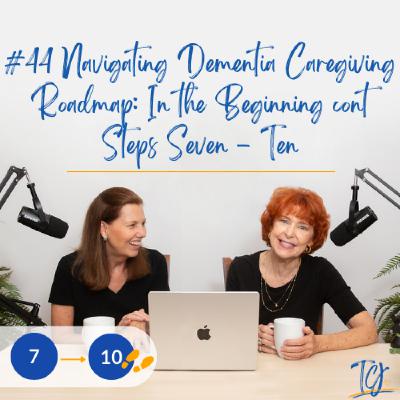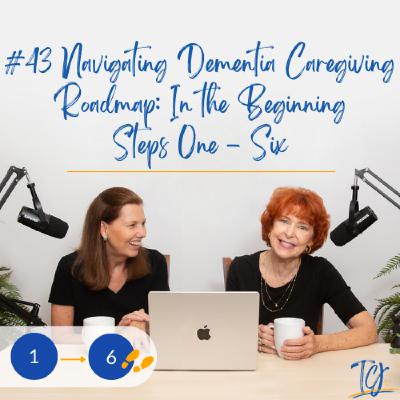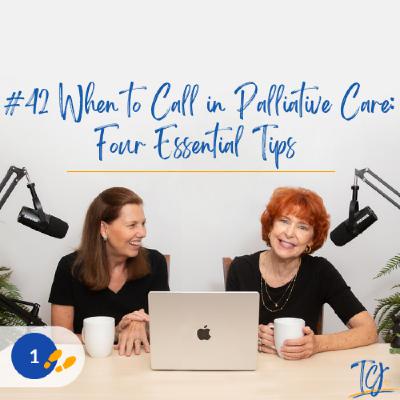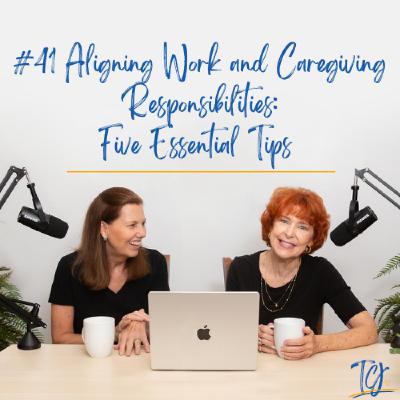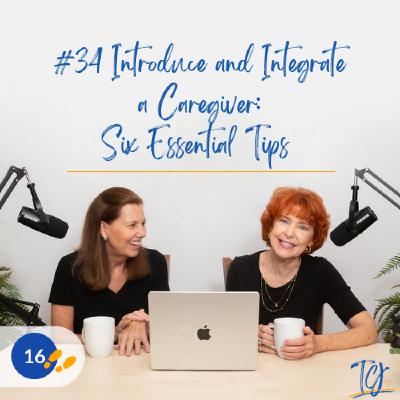How To Create a Care Plan: Five Essential Tips / Alzheimer’s and Other Dementias
Description
Are you prepared for others to take care of your loved one? Do you have a care plan in place? Having a comprehensive care plan is one of the most important tools a caregiver can create — not just for emergencies, but for everyday peace of mind.
We are Sue Ryan and Nancy Treaster. As caregivers for our loved ones with Alzheimer’s and other types of dementia, we’ve learned the importance of creating a care plan for our loved one. We spoke with Amanda Lukoff, co-founder and CEO of Eleplan, about what a care plan is and how to create one that works for your unique situation.
Amanda's journey to creating Eleplan was deeply personal. Her brother Liam, who has autism, is her "North Star" and the inspiration behind her career path, including going to law school for special education law. Through observing her parents' caregiving journey with Liam, Amanda recognized the need to capture all the knowledge that lived in her parents' heads so that others could provide care that truly honored who Liam is as a person.
Connect with us and share your tips:
- Website: https://www.thecaregiversjourney.com
- Donate: https://give.cornerstone.cc/thecaregiversjourney
- Instagram: https://www.instagram.com/thecaregiversjourney/
- Facebook: https://www.facebook.com/TheCaregiversJourneys/
- Linkedin: https://www.linkedin.com/in/suearmstrongryan/, https://www.linkedin.com/in/nancytreaster/
- Email: sue@thecaregiversjourney.com, nancy@thecaregiversjourney.com
Additional Resources Mentioned
- Episode 32: Navigating The Caregiver Hiring Process https://thecaregiversjourney.com/32-navigating-the-caregiver-hiring-process-five-essential-tips-alzheimers-and-other-dementias/
- Eleplan Website: https://www.eleplan.com/
- Support the nonprofit The Caregiver's Journey: https://give.cornerstone.cc/thecaregiversjourney
Full Show Notes
Takeaways
Tip 1: Start with the Basics
The first step in creating a care plan is to document the essential information that would allow someone to provide short-term care (even for just 30 minutes) while you step out.
This includes:
- Emergency contacts
- Medications and dosages
- High-level meal preferences
- Allergies
- Relevant medical conditions
Tip 2: Outline Preferences and Daily Routines
Beyond the basics, a good care plan should capture what makes your loved one unique—their preferences, personality traits, and daily routines.
Your care plan should include:
- Likes and dislikes
- Daily schedule and routines
- Bedtime and morning rituals
- Behavioral patterns
- Emotional triggers (both positive and negative)
Tip 3: Document What to Do in an Emergency
Crisis situations demand clear instructions. Your care plan should outline:
- What constitutes an emergency for your loved one
- When to call 911 vs. other resources
- Who to contact and in what order
- Special instructions for EMTs or ER staff
- Location of important medical documents
Tip 4: Collect Key Contacts and Documents
Gathering important documents in one accessible location is critical for seamless care. This includes:
- Insurance cards
- Healthcare directives
- Power of Attorney documents
- Guardianship forms
- Medical history and medication lists
Tip 5: Keep Everything Accessible and Current
A care plan is only effective if it's up-to-date and easily accessible. Amanda frames this with an important question:
"Do I have a system that is as dynamic as the needs of my loved one and the ever-changing piles of documents and information?"
Whether you're using a physical binder, shared digital documents, or a specialized platform like Eleplan, the key is having a system that makes updates easy and ensures the information is available whenever and wherever it's needed.
Read More in This Blog

